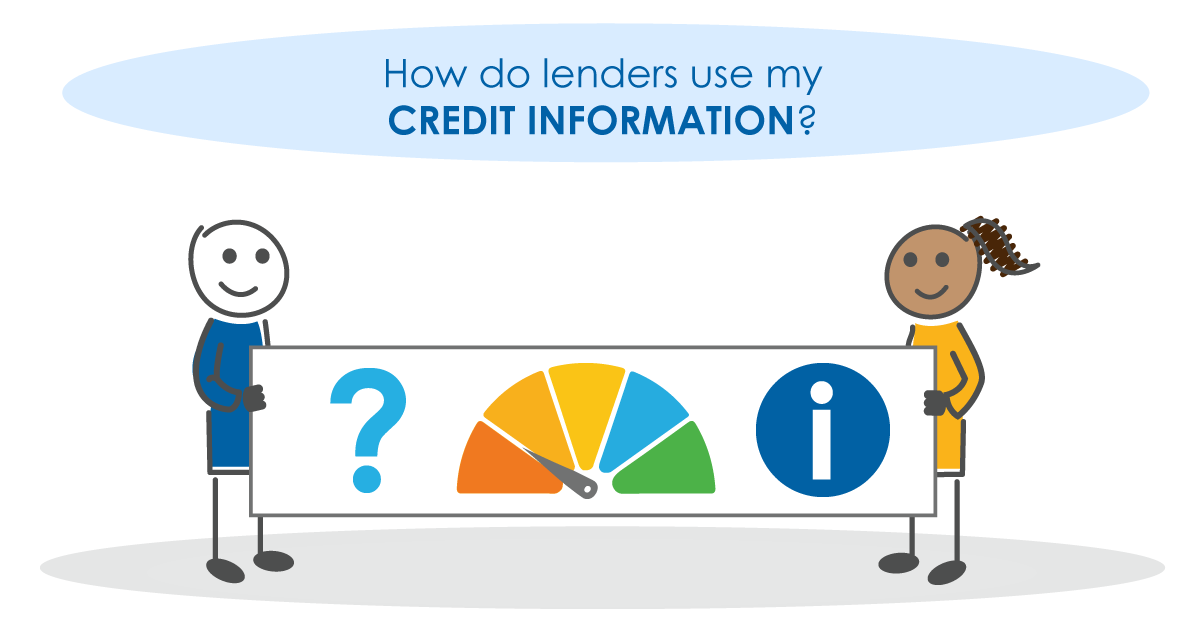When you apply for a loan, credit card, or mortgage, lenders check your credit report to decide if theyll lend you money.
Your credit report tells them about your money habits and helps them work out if youre likely to pay them back.
When applying for credit such as a credit card, loan, mortgage, or phone contract in the UK, lenders will likely check your credit report and score to help them decide whether to approve you. Your credit report provides a summary of your financial history, allowing lenders to assess how creditworthy you are.
What is Included in a UK Credit Report?
There are several key elements that make up your credit report in the UK:
Personal Information
- Your name, current and previous addresses, date of birth
Credit Accounts
- Details of any credit you have including credit cards, loans, mortgages, phone contracts etc. This includes the date opened, credit limit, monthly payments, and payment history.
Public Records
- County court judgments (CCJs), bankruptcies, individual voluntary arrangements (IVAs), or other court orders against you.
Financial Associations
- Any financial connections you have with others, such as joint accounts or being named on someone else’s credit card.
Credit Inquiries
- A record of who has accessed your credit report and when. This helps lenders detect fraud.
Your credit report does NOT contain things like your medical records criminal history, ethnicity, political affiliations etc.
How Do Lenders Use Your Credit Report?
When you apply for credit lenders will perform a ‘credit check’ where they access your credit report from agencies like Experian Equifax or TransUnion. They use this information to assess your creditworthiness.
Here are the key things lenders look for:
-
Payment history – Have you made past credit payments on time and in full? Late or missed payments can lower your score.
-
Credit utilization – How much of your available credit are you using? Using a high percentage can negatively impact your score
-
Length of credit history – How long have you held credit accounts? A longer history demonstrates you can manage credit responsibly over time.
-
Recent credit applications – Too many applications in a short time can indicate credit hunger and lower your score.
-
Credit mix – Having a variety of credit types (e.g. credit cards, loans, mortgages) can improve your score.
Lenders have their own criteria for what makes an applicant ‘low risk’ or ‘high risk’ based on these and other factors. A higher credit score means you are likely to get approved for new credit and may also get better terms like lower interest rates.
How to Keep Your Credit Report Accurate
It’s important to periodically check your own credit report and address any errors quickly, as inaccurate information can negatively impact your ability to get credit.
You can obtain your credit report for free from Experian, Equifax and Transunion. Review all information and dispute any errors by contacting the relevant credit reference agency.
Also be sure to register to vote at your current address and avoid making too many credit applications within a short timeframe, as these can lower your score if not managed properly.
Summary
In the UK, lenders rely on your credit report and score to evaluate your suitability for loans, mortgages, credit cards and other products. The key elements they assess are your payment history, credit utilization, history length, new applications and credit mix. By maintaining a strong credit profile, you are more likely to be approved for the best credit products with the most favorable rates and terms. Checking your report regularly and disputing errors can help maximize your chances of credit success.

What do credit checks show?
Below are eight key areas which lenders check when viewing your credit report.
Your credit score
Credit reference agencies give you a credit score based on your credit report. Each agency uses different scoring systems:
- Equifax: 0-1000 (Excellent: 811-1000)
- Experian: 0-999 (Excellent: 961-999)
- TransUnion: 0-710 (Excellent: 628-710)
Lenders will also create their own score of you based on their criteria and the information they view on your credit report. A higher credit score means youre more likely to get approved for credit at better interest rates.
If youâve been the victim of credit fraud and itâs been reported to the UKs Fraud Database, CIFAS, this should show on your report for lenders to see.
Itâs important you keep a close eye on your report. If you see anything that doesnât appear to be correct, make sure you raise the concern with the credit reference agency in question.
What Do Lenders See When They Look at Your Credit Report?
FAQ
What does a lender see on your credit report?
Lenders report on each account you have established with them. They report the type of account (credit card, auto loan, mortgage, etc.), the date you opened the account, your credit limit or loan amount, the account balance and your payment history, including whether or not you have made your payments on time.
Is it true that after 7 years your credit is clear?
What credit report do most lenders look at?
However, most mortgage lenders use FICO scores. Your score can differ depending on which credit reporting company is used, but most mortgage lenders look at scores from all three major credit reporting companies – Equifax, Experian, and TransUnion – and use the middle score for deciding what rate to offer you.
What do lenders see on a hard credit check?
A hard credit check will look at your financial history so the lender can see your track record of repaying money you’ve previously borrowed.
